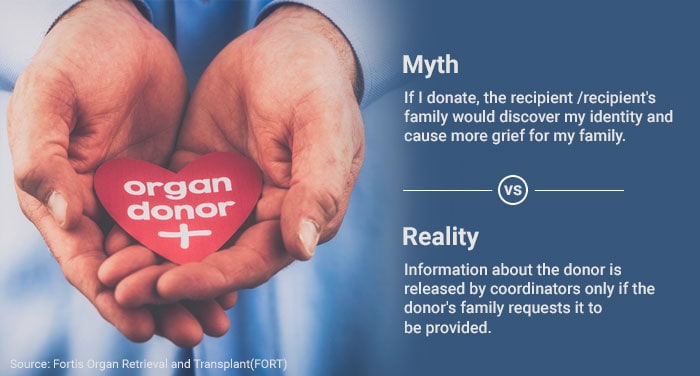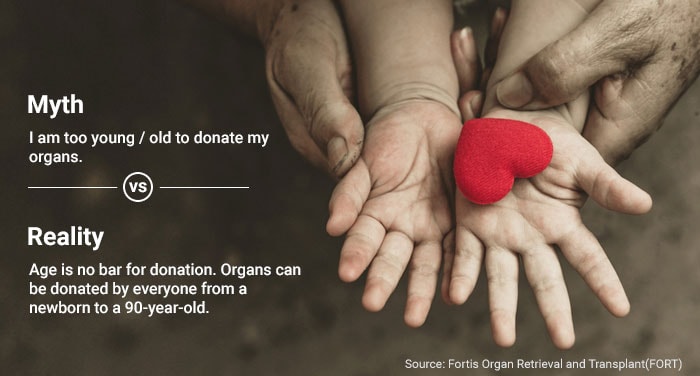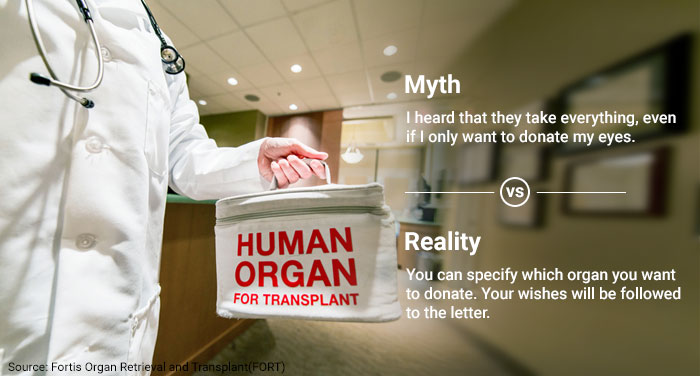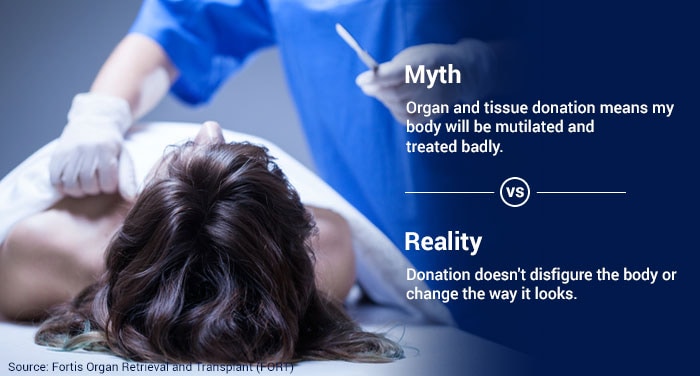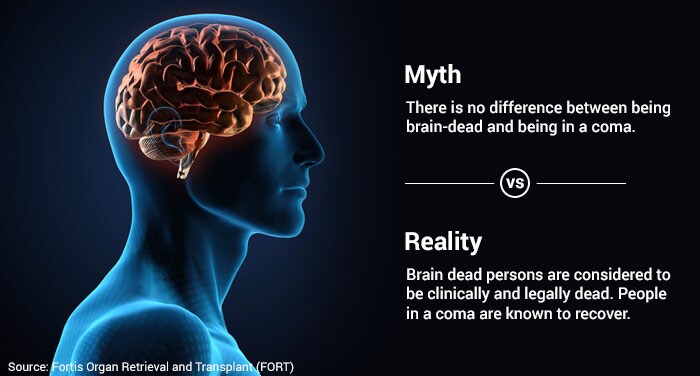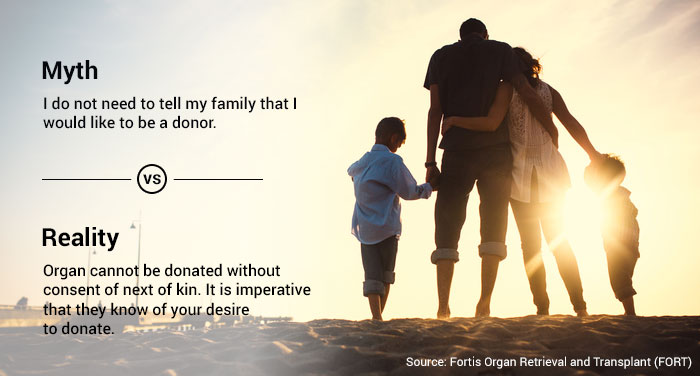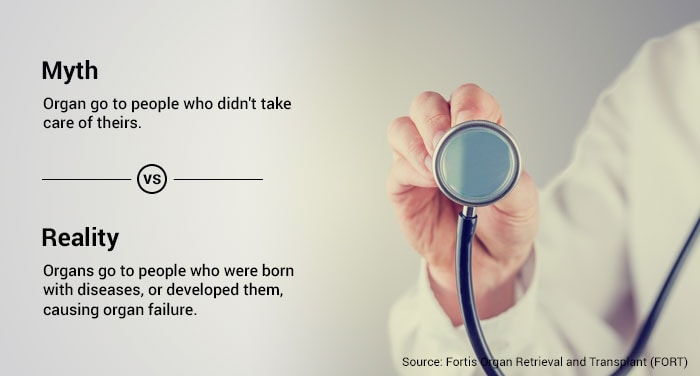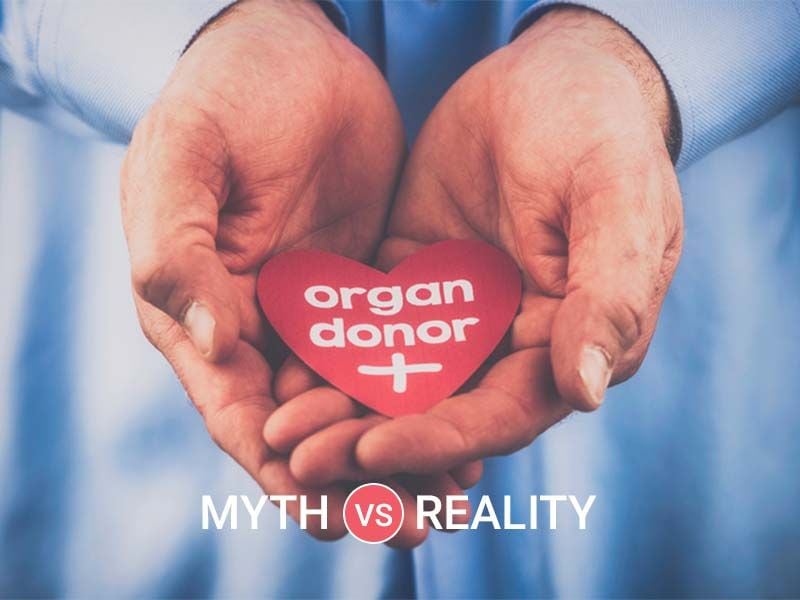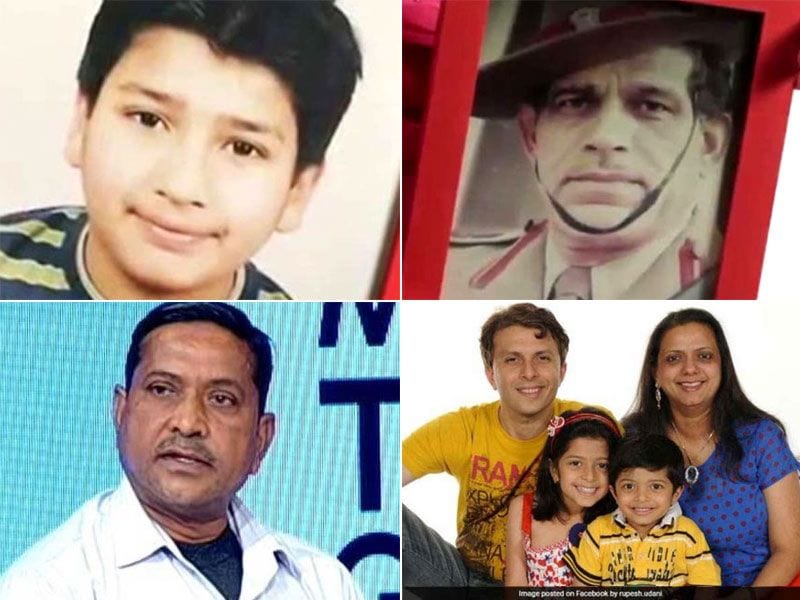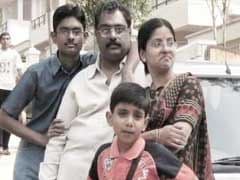Organ Donation: Don't Let These Myths Confuse You
For decades, myths and superstitions have held people back from pledging their organs. Don't let misinformation stop you from saving lives. To help, we've busted some of the most common misconceptions floating around with regards to organ donation.
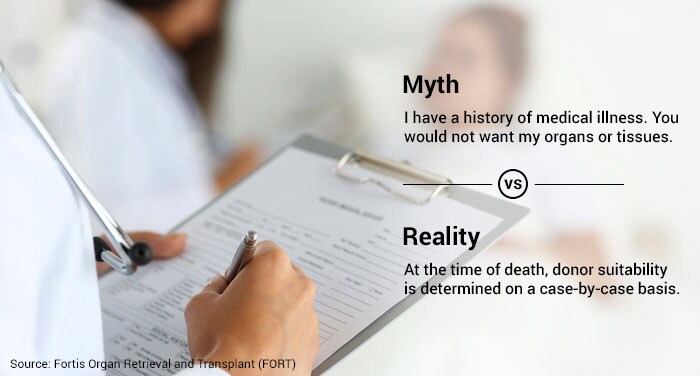
Whether or not one can donate is determined after a thorough medical screening. Various medical tests are conducted to ensure that the donor's organs are fit to be transplanted, and that the donor is a match.
There are some medical conditions that automatically disqualify one from donating organs and tissues. It may also come to light that one may not be able to donate all organs - some may be fit for transplant, while others not so much.
................................ Advertisement ................................
Latest Stories
- Written by Snigdha Basu | Wednesday February 15, 2017 , Chennai
The story of a 15-year-old boy named Hithendra, who lost his life in a motorbike accident, continues to inspire many in Tamil Nadu to become organ donors. As his parents chose to donate Hithendra's heart, kidney, liver, corneas and bone marrow, their action sparked off a movement called 'Hithendra Effect'.
- Written by Harsha Kumari Singh | Tuesday February 14, 2017 , Jaipur
The heart Oshin received was donated by the family of a 55-year-old man after he was declared brain dead. For the surgery, a green corridor was created and the heart was moved from a hospital in Gurgaon to Okhla in just 27 minutes.
- Written by Parul Chopra (With inputs from Dr Sonia Lal Gupta) | Thursday March 09, 2017
Organ donation is when a person allows healthy transplantable organs and tissues to be removed, either after death or when alive, and transplanted into another person. Common transplantations include: kidneys, heart, liver, pancreas, intestines, lungs, bones, bone marrow, skin, and corneas. There are a lot of myths about organ donation. Lets find out the truth.
SHARE YOUR STORY
Have you or someone you know been a beneficiary of organ donation? Share your experience to inspire others to support the cause of organ donation.



